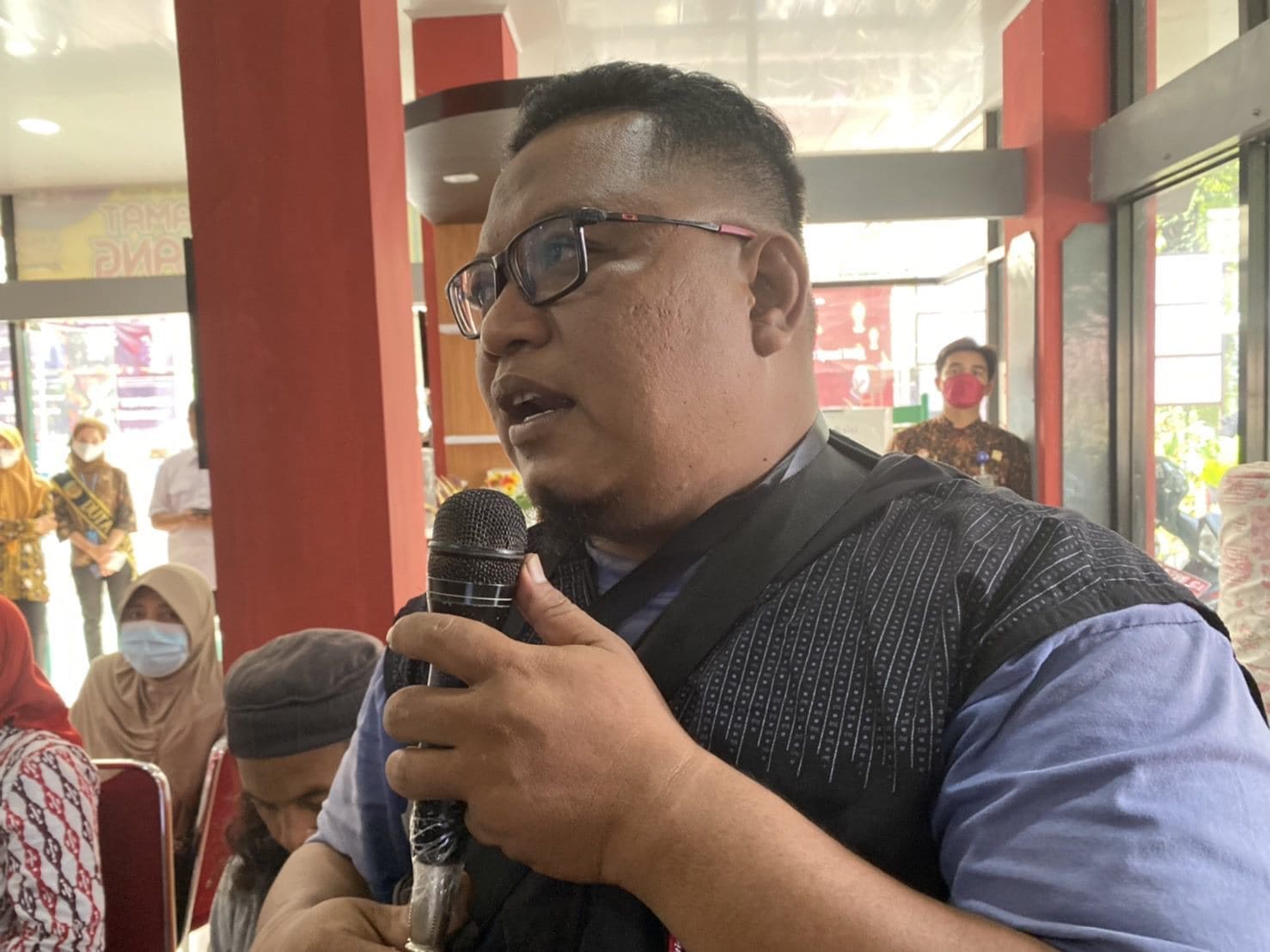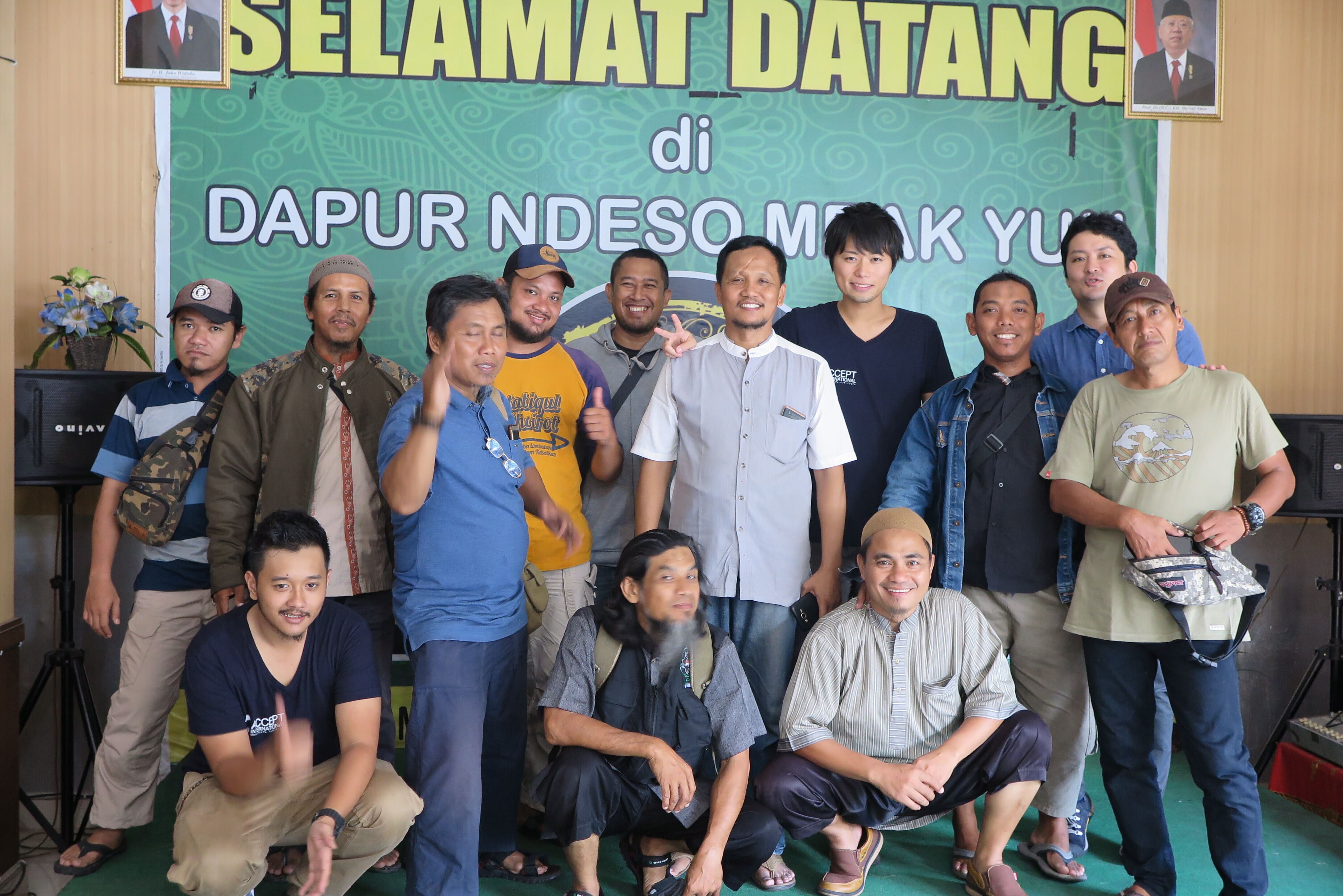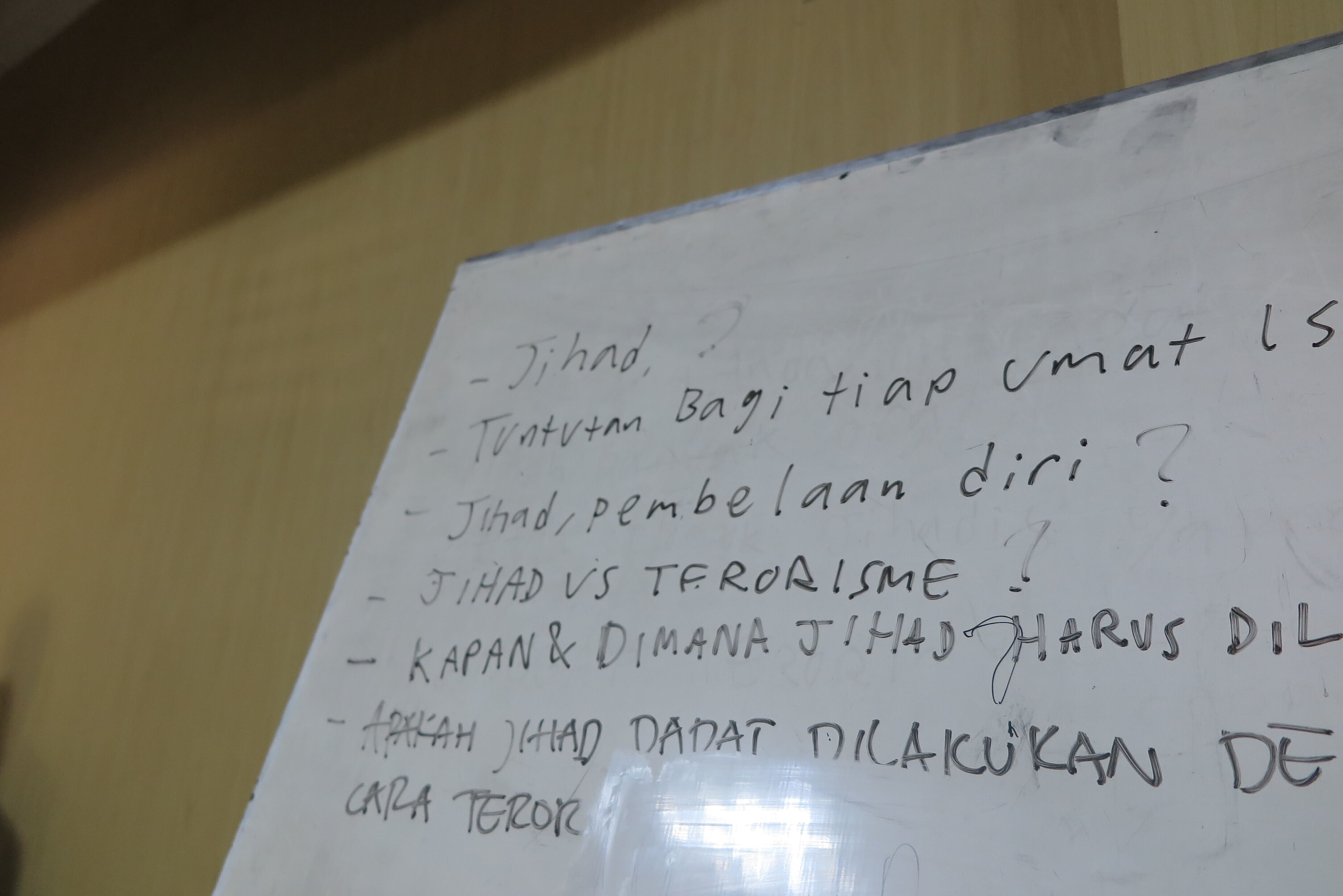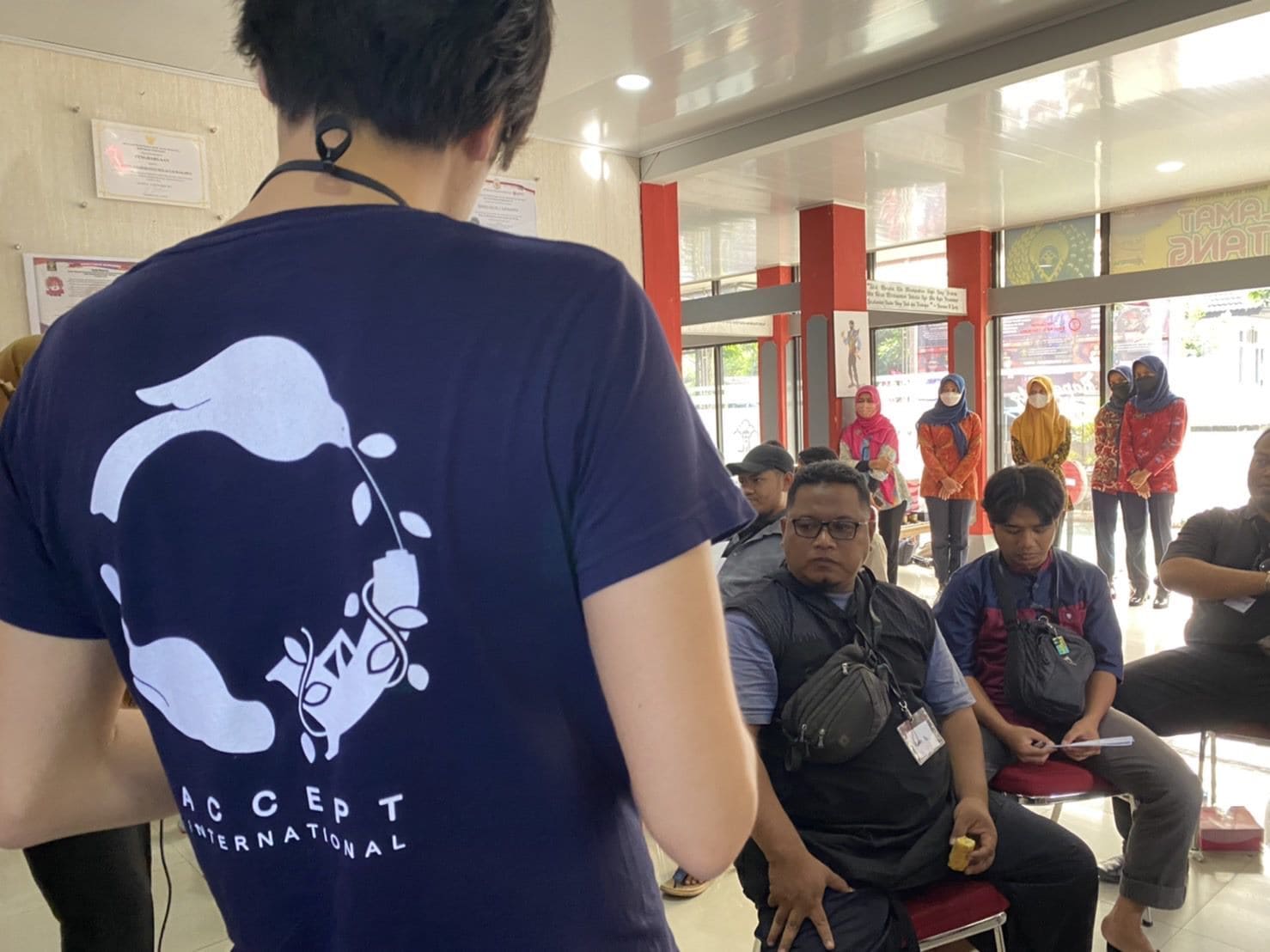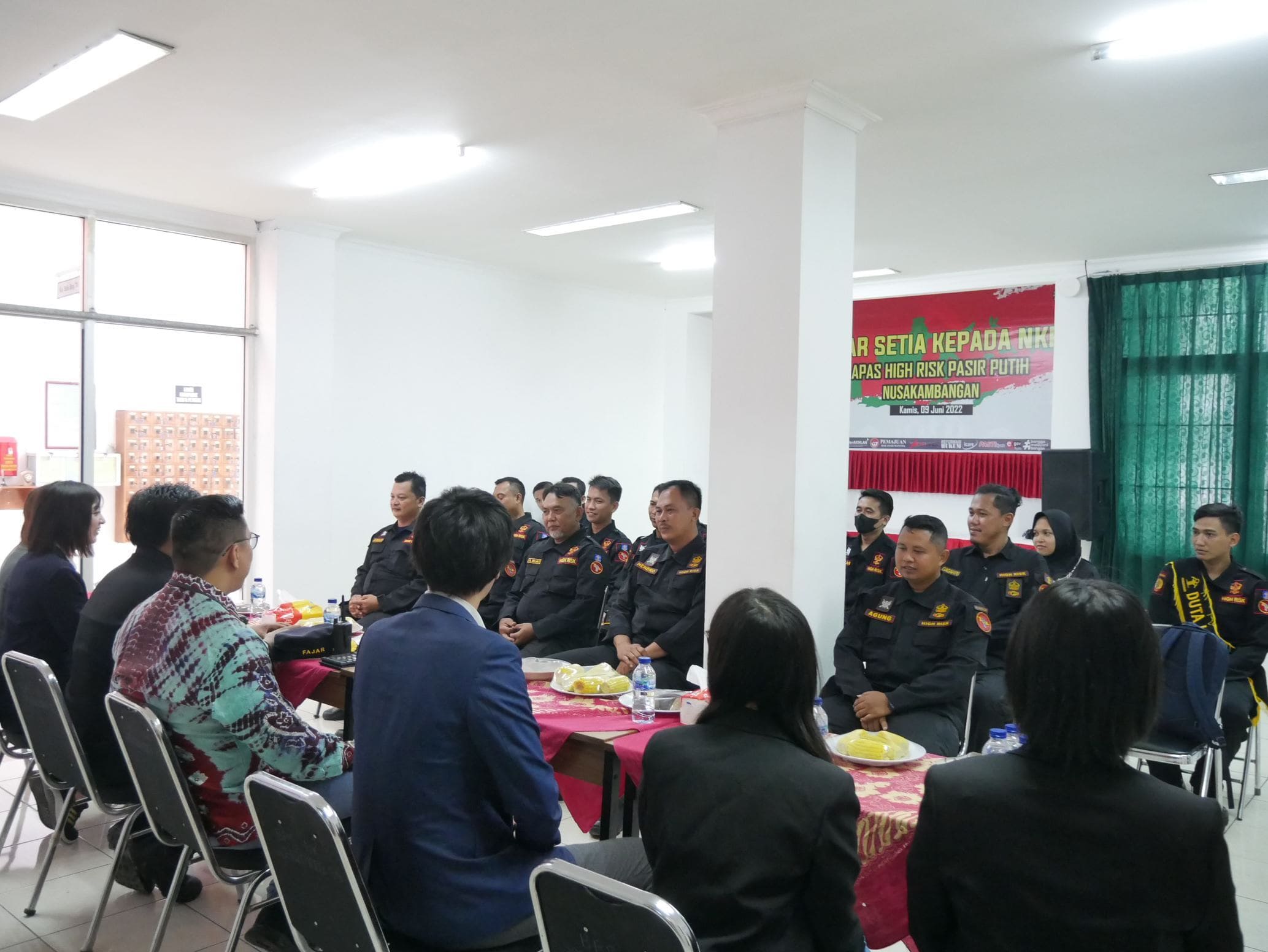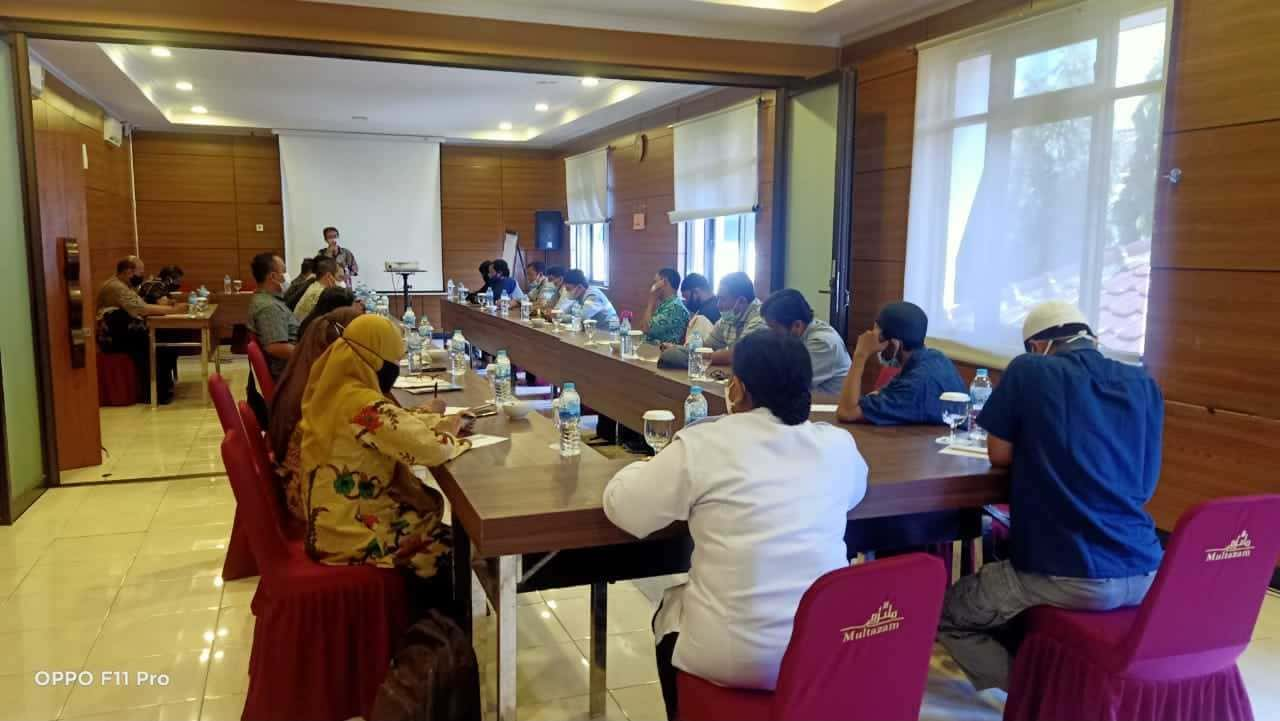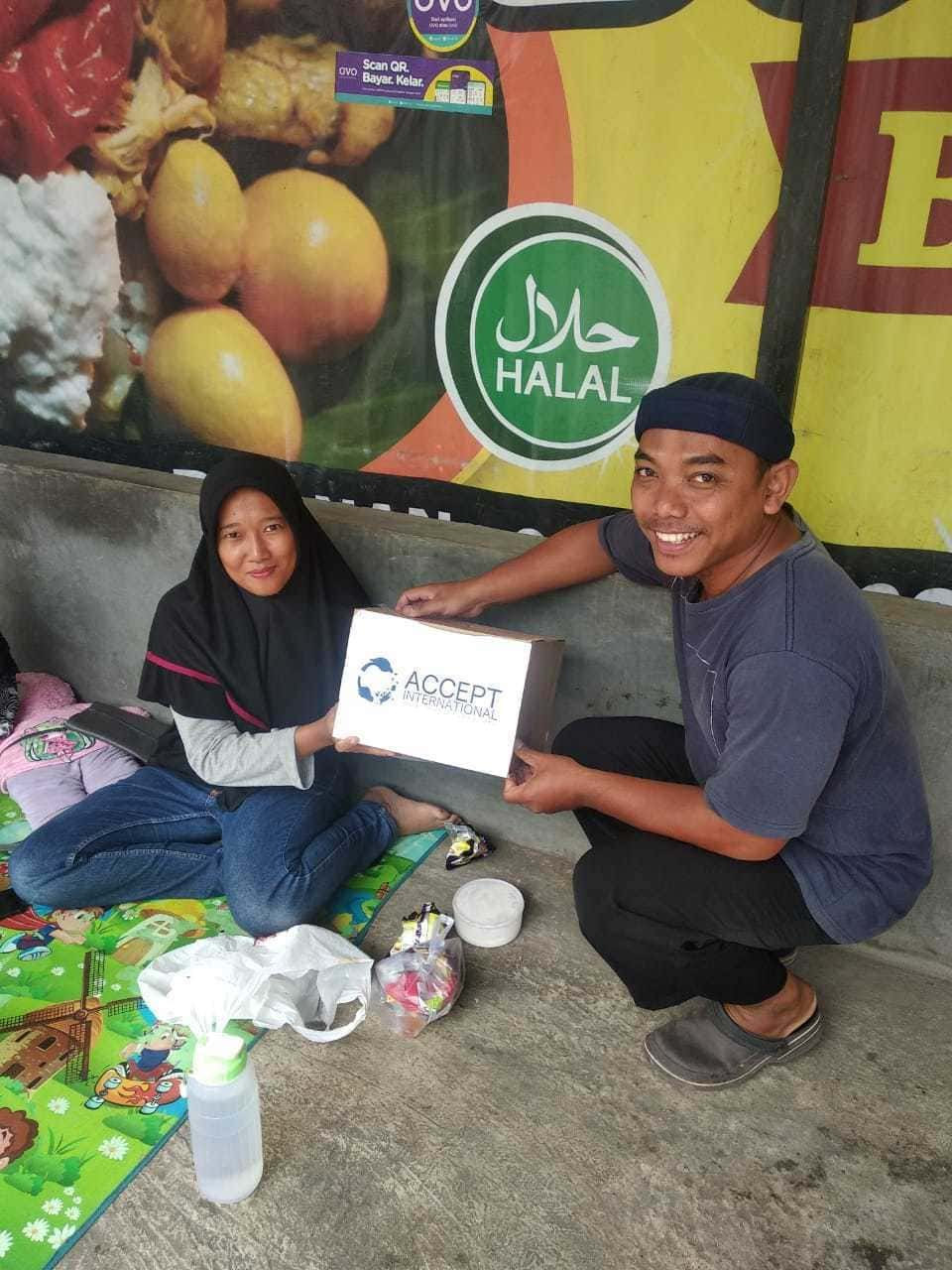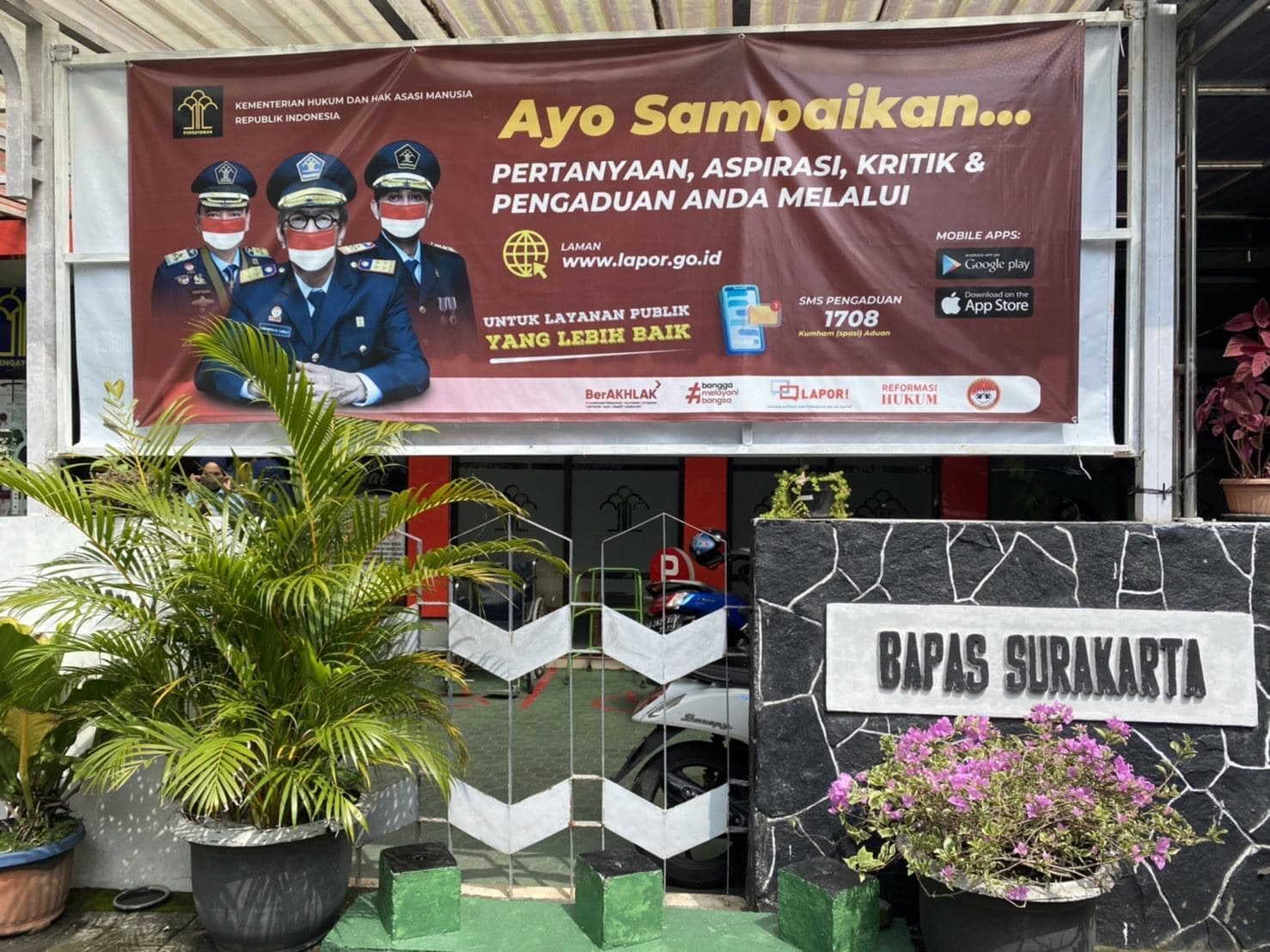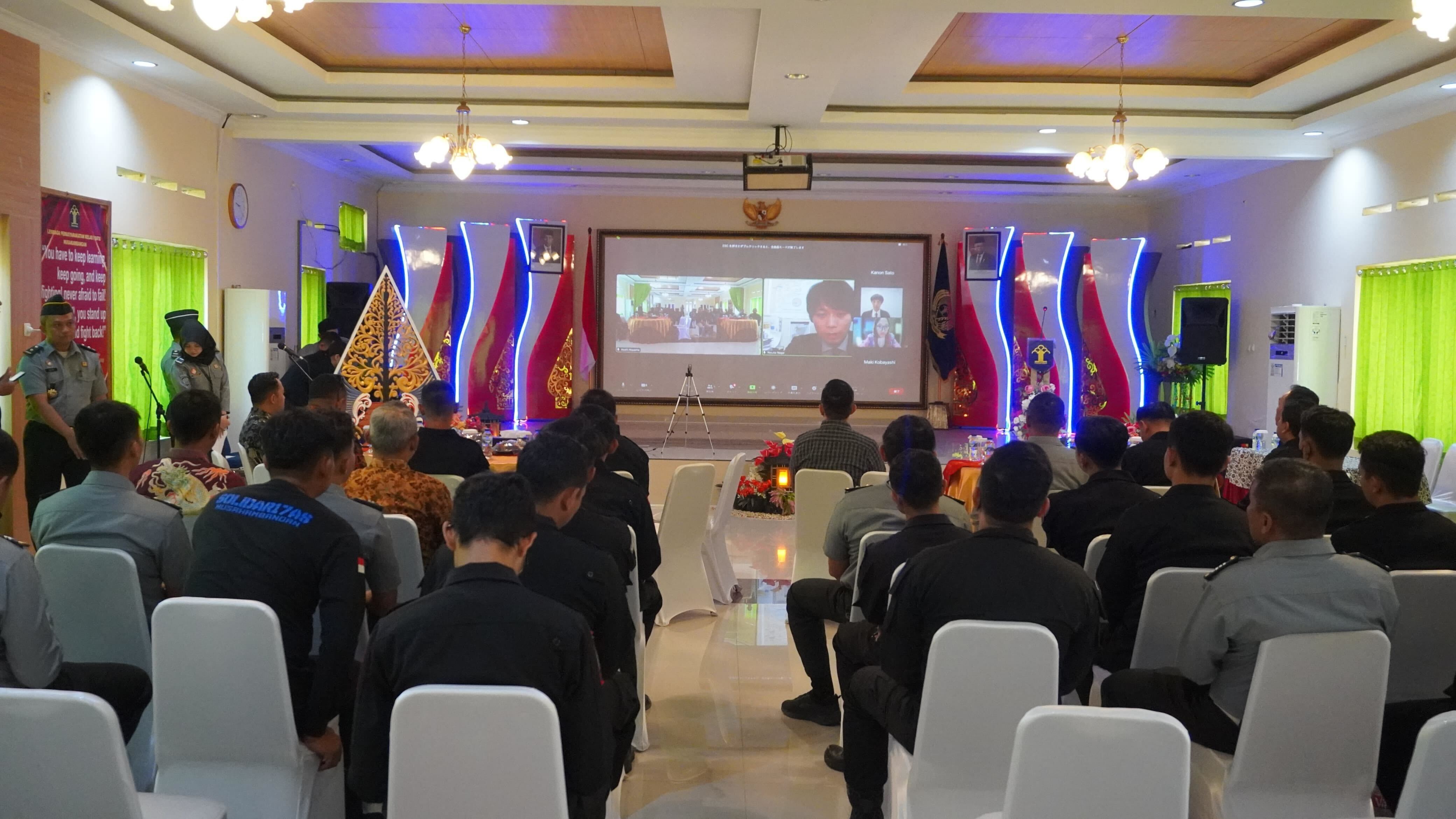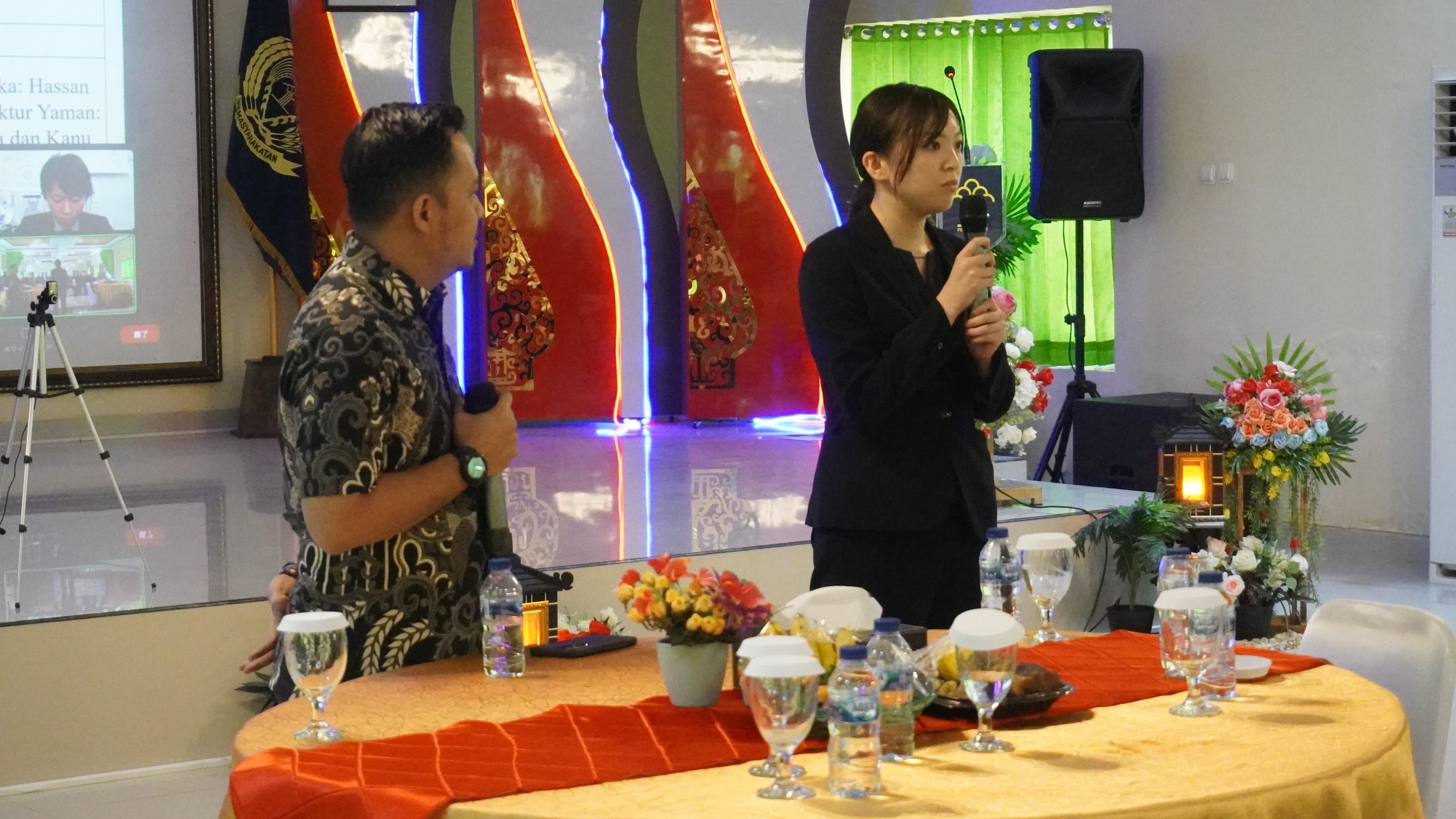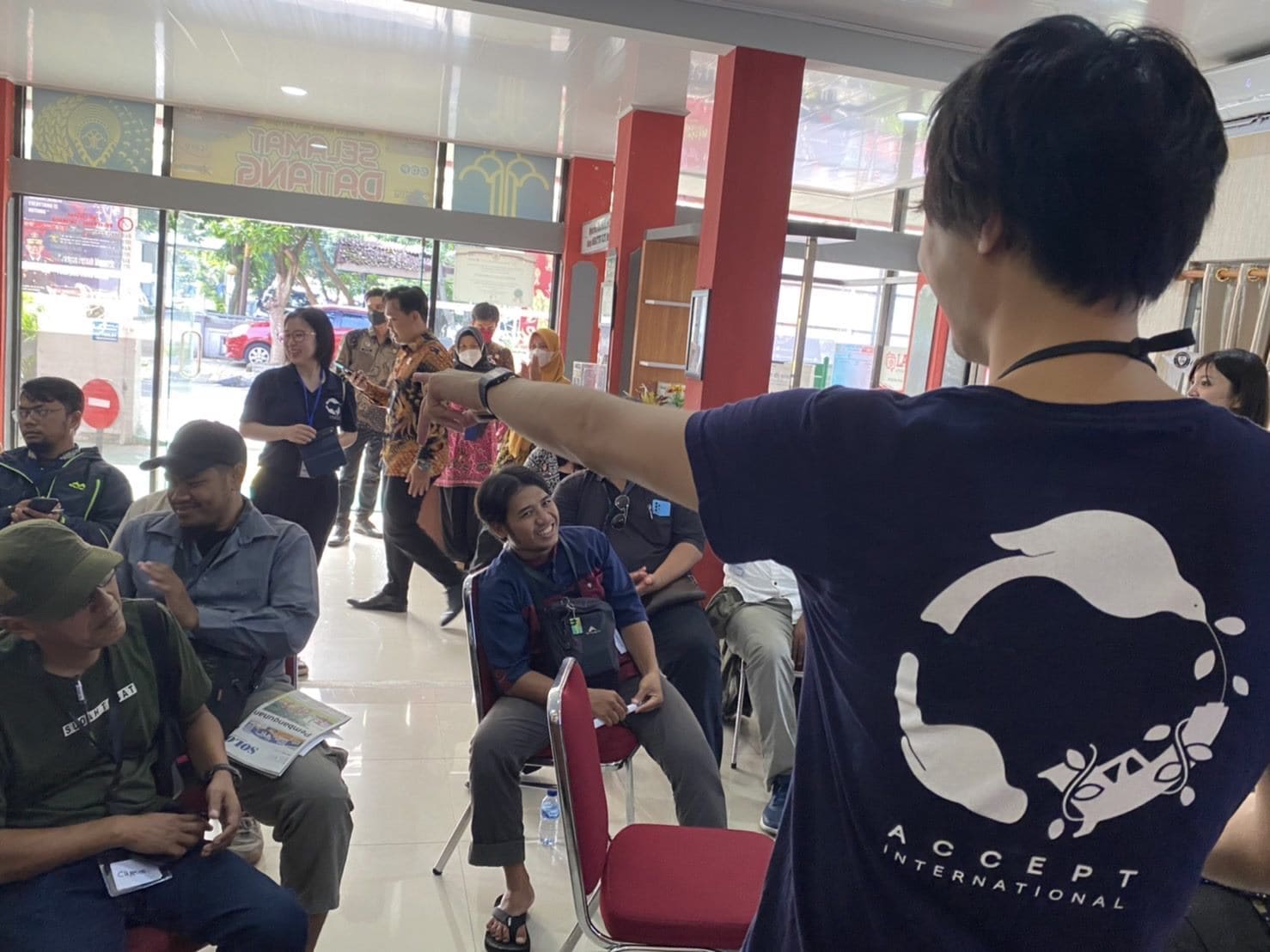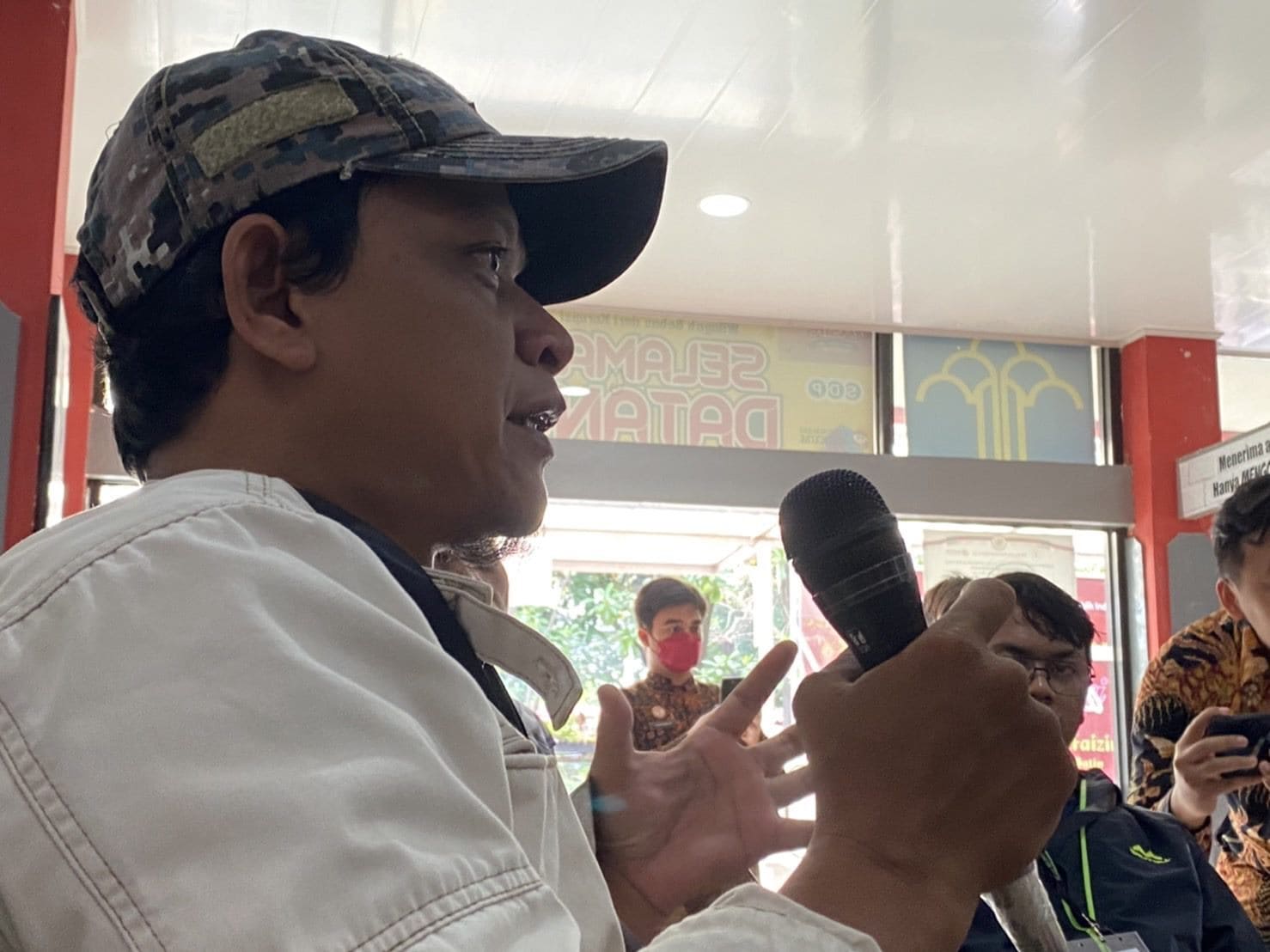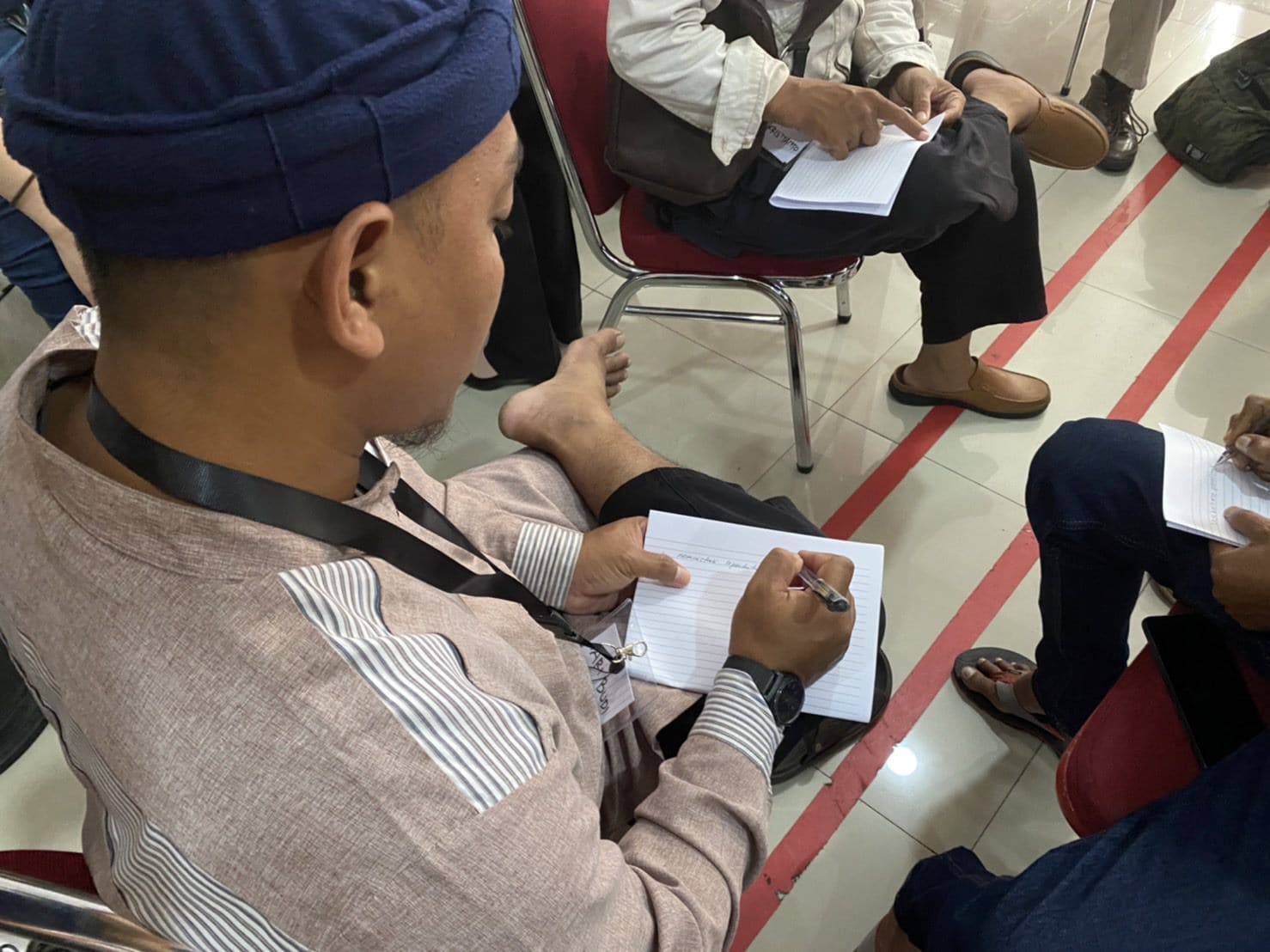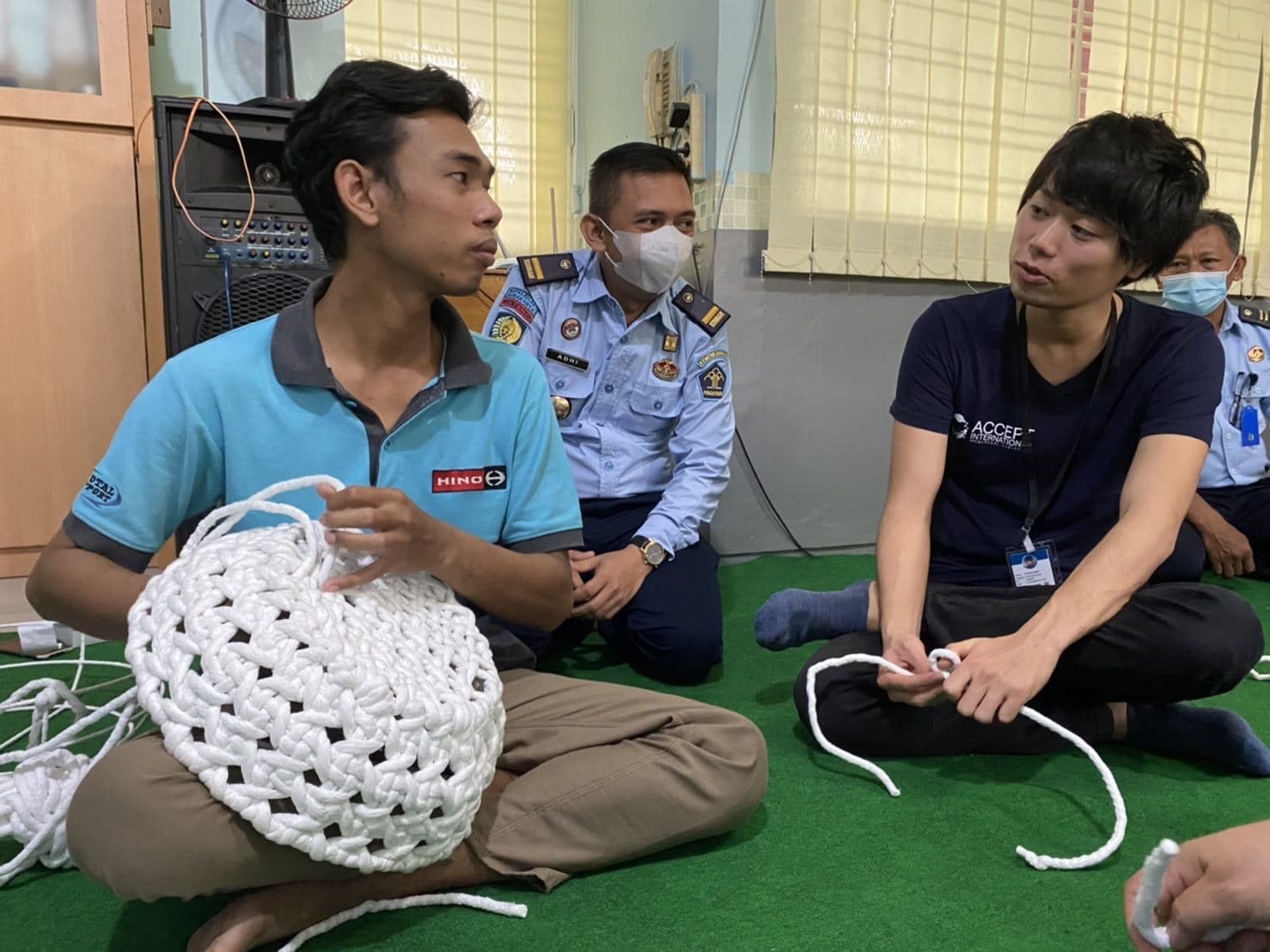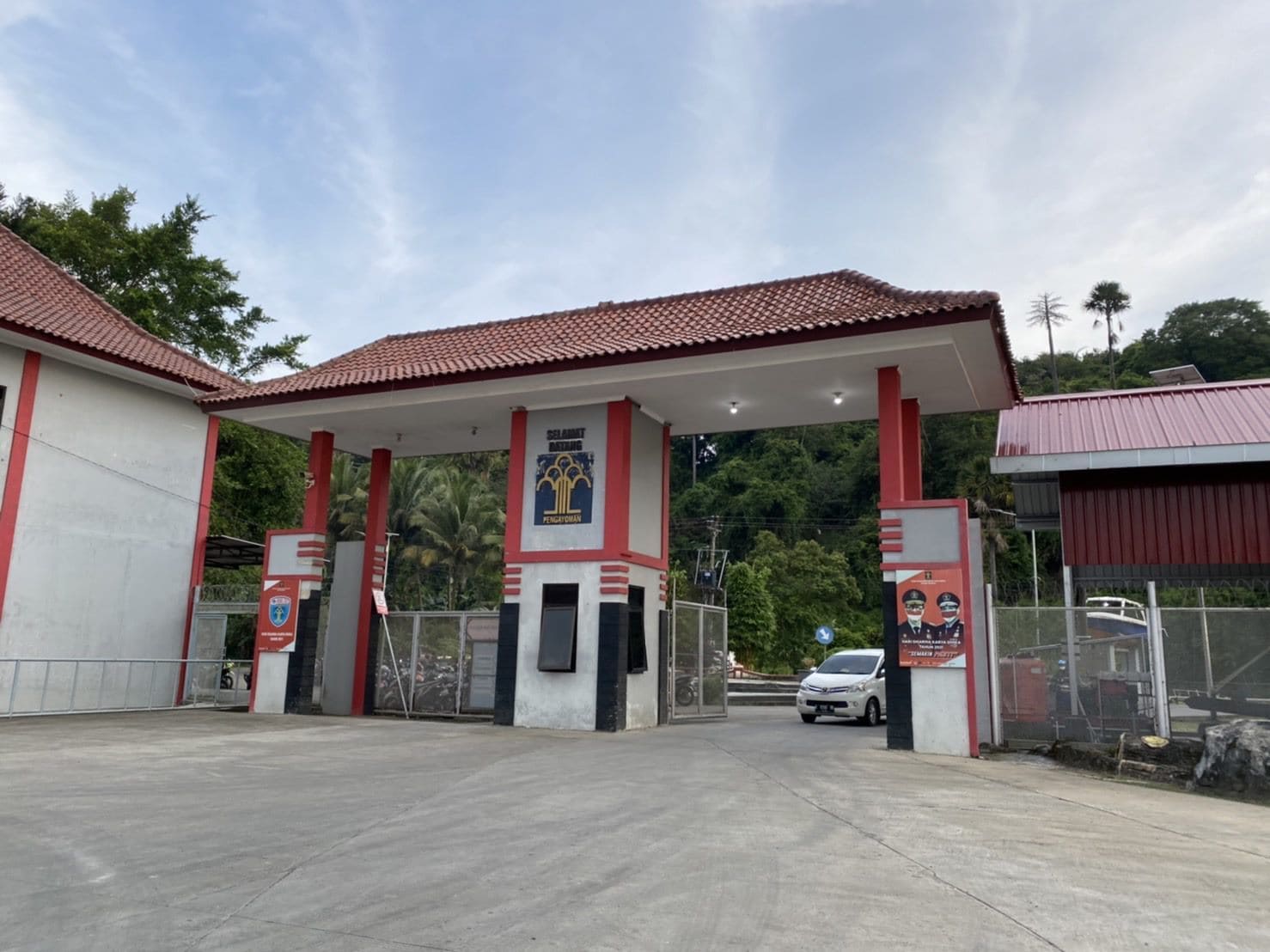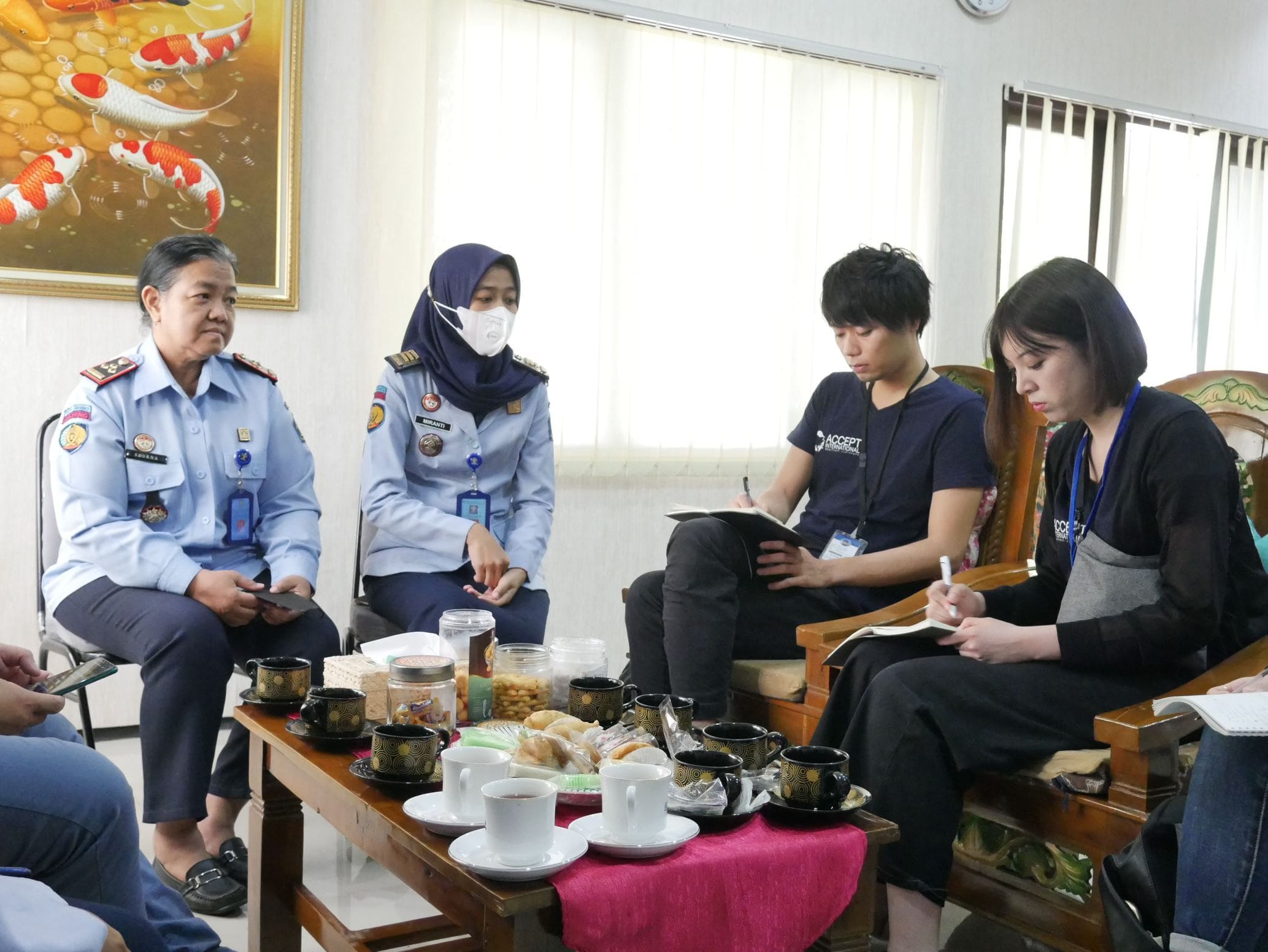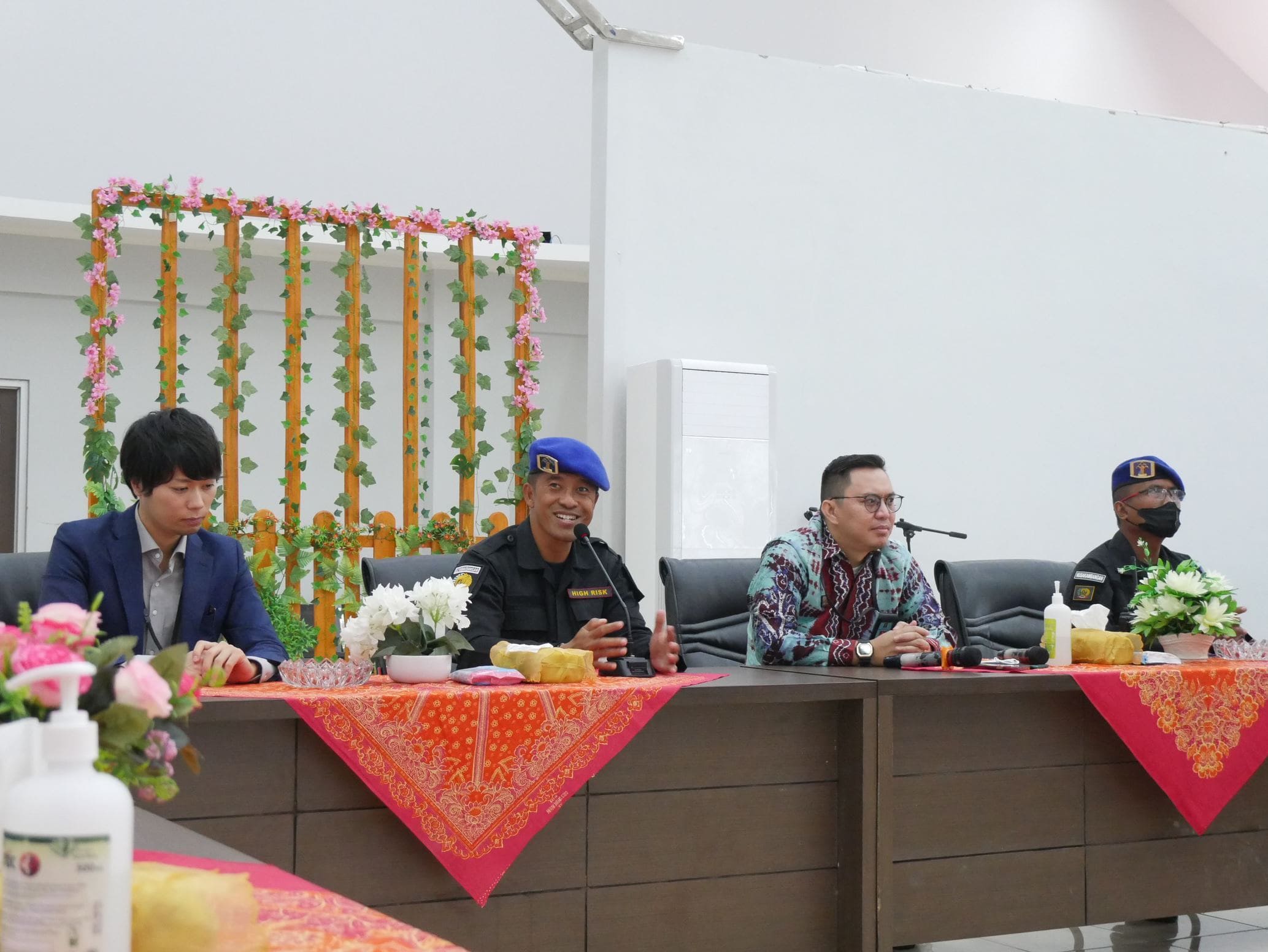Our Activities in Indonesia
De-Radicalization and positive reintegration project
Since 2018, we have provided comprehensive support to both ex-terrorist members who have already been released from prison and terrorist inmates in Central Java, in accordance with various local stakeholders. In particular, for the former terrorist members who have been discriminated against and isolated from the community, we provide comprehensive deradicalization and social reintegration programs. For example, in the interactive religious seminar, which is one of the activities for their deradicalization, we guide them toward deradicalization by starting with the question "Is terrorist attack the most practical method?" after the individuals have accepted their belief in jihad. We sit down with them and discuss and debate various topics such as the Quran and Hadith. Additionally, upon collaboration with local NGOs and the probation office, we follow up with them by visiting their communities and homes, consulting with them on any issues related to their financial and social independence, and monitoring them on an ongoing basis. We also hold regular meetings with the individuals and their probation officers to discuss their problems and talk about their daily lives.
While we offer a range of post-release activities for ex-terrorists, we also run deradicalization and social reintegration projects for inmates, particularly terrorism offenders. Due to the security situation in Indonesia, they are isolated from the general prison population and remain under close supervision and restraint. In such an environment, inmates have not received adequate support for deradicalization and social reintegration. As such, we provide them with mental health and deradicalization counseling, vocational training, and psychosocial counseling for social and economic independence. We also operate capacity building for both prison and probation officers on the practical skills of assessment and vocational training. Through these activities, we aim to improve the condition of inmates and the feasibility of social reintegration after their release. In 2024, we will initiate the construction/renovation of the counseling room in the prison to help expand its capacity in the long term.
*Our activities on deradicalization and social reintegration projects for inmates were featured on NHK WORLD-JAPAN.
On the other hand, we offer a radicalization prevention project targeting youth in Indonesia. To address the issues of online radicalization and recruitment by violent extremist groups, a holistic approach (e.g. community self-regulation, development of a counter-narrative to messages from extremist groups, etc.) that is not limited to a systematic approach is essential. The CIOR project (Collective Impact for Online Radicalisation Project) was established to develop this holistic approach. The project invites participants from both Japan and Indonesia to form a team of five people who have the necessary qualifications and skills to develop and implement the new approach. The team have (1) learned from each other about online radicalization through training, (2) developed the approach to preventing online radicalization, and (3) implemented the approach to test its effectiveness. We have carried out outreach and advocacy activities as a good model for civil society initiatives to prevent online radicalization.








